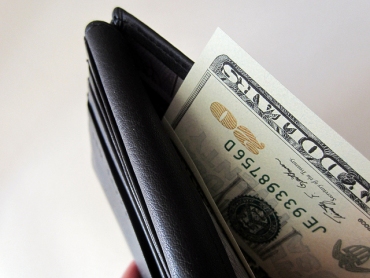Lawyers tend to get a bad rap for their fees. A trip to the attorney’s office is often associated with a steep bill on top of legal complications. It’s one of the reasons that many people who genuinely need legal advice stay away from attorneys – but it’s also a misconception. There are plenty of ways to seek out legal counsel and still save money, especially if you understand what you need and focus on the details. Don’t let cost worries keep from valuable legal aid – and remember these tips to save money:
1. Quality Before Quantity: Always choose the attorney best fitted to your needs, rather than the attorney with the most ads or the one who seeks you out first. The best attorneys may have higher fees, but they tend to save you money in the end through high-quality services and honest dealings. The lawyers who appear the cheapest or who have the best marketing may also be those who add in hidden fees and other unpleasant surprises. Avoid the surprise by carefully researching attorneys and their law firms before making a choice. Also, remember that most attorneys have specialties. Seek an attorney with an education and expertise that matches your needs to maximize your return on legal investment.
2. Always Be Honest and Accurate: Do not hold back information or lie. Answer questions to the best of your ability, and have necessarily records at hand. This will keep you out of trouble and will help your attorney do their job. Lying or making mistakes will mean extra work for your attorney and ultimately poor advice or representation, which will cost you more money.
3. Understand (and Confirm) the Fee Arrangement: Go over the fee arrangement carefully when you first hire your lawyer. Know how the lawyer charges, whether it is a flat fee or hourly, and what the fees include. Flat fees tend to save you the most money, especially for simple legal services, but every fee should have a justification. Some expenses you may need to pay out of pocket, and it is also important to know what those expenses are before sign any legal documents. When you receive a bill from a lawyer, go over the items carefully. If a specific charge is unclear or you are overcharged (and you can prove it), you should be able to get a deduction.
4. Communication Equals Cost: This simple rule can save you a lot of confusion and extra fees later on. Learn to associate communication with additional fees – this is where those phone call fees come into play, along with other types of communication that result in additional homework for your attorney, and thus more items on your bill. This is one reason it is best to have everything in order and ready to present before contacting your attorney. When you can, send emails, which offer immediate documentation of your conversation.
5. Know the Difference Between Independent Practitioners and Law Firms: Law firms tend to cost more money, but also offer more experience and generally stronger representation in court. However, your case is more likely to be handled by multiple people, from partners to paralegals, and a single client does not always get a lot of attention. Independent practitioners offer a more familiar approach and cost less, but you may not be able to get the same benefits of experience.
6. Be Willing to Compromise: Listen to your attorney’s advice. This is a tough step for stubborn clients, but often an attorney’s device is designed to save you trouble and money, including legal fees. Be willing to settle for mediation or arbitration instead of a lawsuit, for example, and your legal fees will quickly fall.
Sara Jameson is professional blogger that shares advice on working with a family law attorney. She writes for The Law Offices of James S. Cunha, P.A., a leading divorce and family law firm in Nassau County.
Sara Jameson is professional blogger that shares advice on working with a family law attorney. She writes for The Law Offices of James S. Cunha, P.A., a leading divorce and family law firm in Nassau County.

